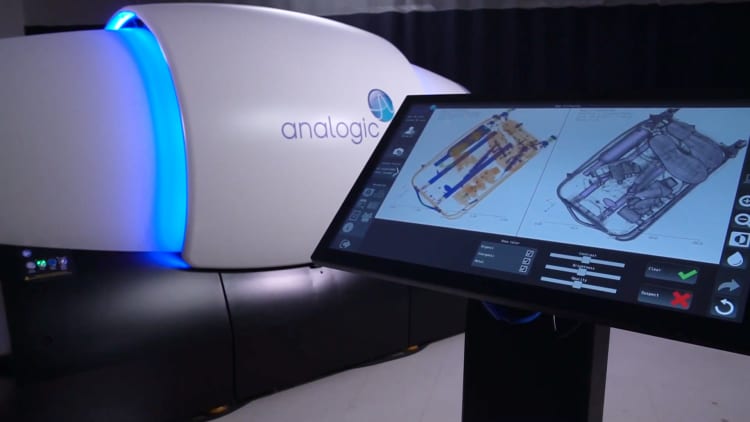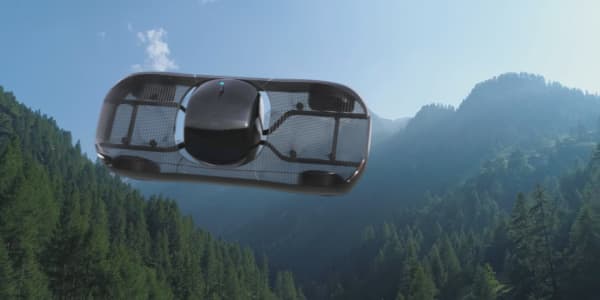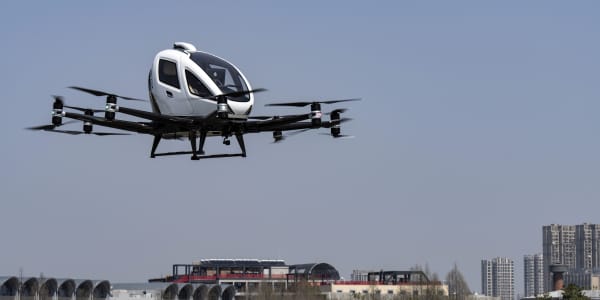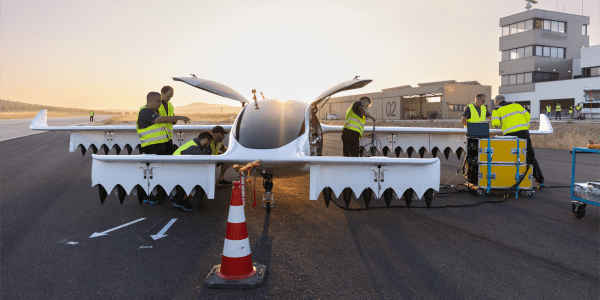Airport security lines are long and slow, in part because of all the things we have to take out of our bags before putting them through the X-ray system. But there's a new machine that could eventually speed things up by letting you keep everything in your carry-on bag.
Analogic Corporation created a scanner that uses computed tomography, or CT, to produce 3D scans of passengers' luggage, allowing airport security to rotate and zoom in on the images. Traditional airport scanners produce 2D images, forcing agents to spend more time reviewing items and performing manual searches.
The scanner is being tested in 15 airports around the nation. Each one costs $350,000.
"There's a lot more angles that I could look at," said Adrienne Marquez, a lead transportation security officer at Transportation Security Administration (TSA). "It allows me to just check each area of the bag and I'll double-check things on my image rather than physically."
CT technology is best known for its use in medical imaging and diagnostics. While it's already being used in airports to screen checked baggage, only recently has the machine been scaled down enough to be incorporated into security checkpoints.
It allows passengers to leave electronics like laptops and cell phones in their bags, and down the road could allow them to keep liquids in as well.
"In the future our goal is to possibly have a checkpoint environment where you don't have to take anything out of your bag," said David von Damm, a Federal Security Director for TSA.







